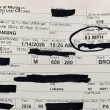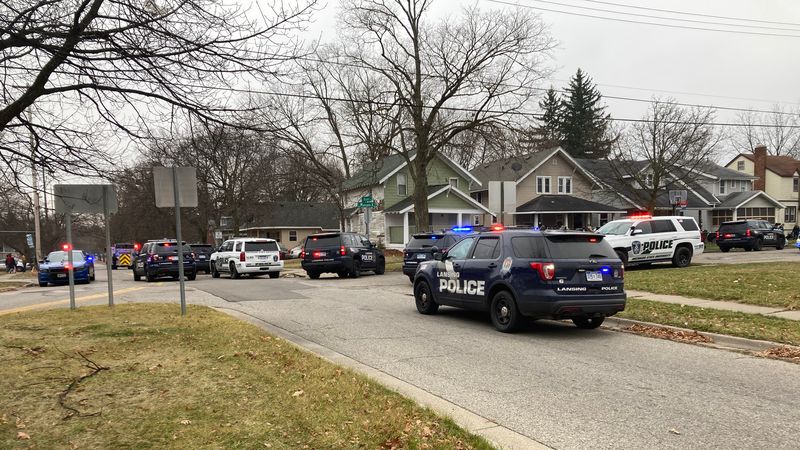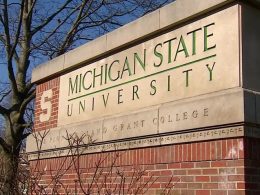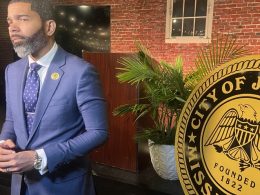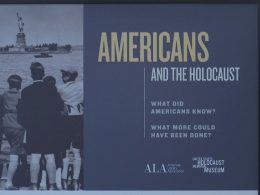Catholic high schools in Michigan have gained the support of the Justice Department in their suit against the state over an emergency health order that bans in-person classes at religious schools.
The department said in a legal brief that the order exempts a range of educational activities but unfairly targets religious educational activities, creating both a double-standard and running afoul of the Constitution.
“The education of children is a matter of faith to many people, and the Free Exercise Clause of First Amendment to the United States Constitution protects religious education,” said Eric Dreiband, assistant attorney general for civil rights. “The Free Exercise Clause does not protect non-religious activities such as trade and technical classes and college sports.”
Bobby Leddy, a spokesperson for Ms. Whitmer, declined to comment.
Earlier this week, the Michigan Association of Non-Public Schools (MANS) filed a lawsuit following an announcement by Gov. Gretchen Whitmer, a Democrat, that the state was extending an in-place partial shutdown through Dec. 20 because of surging coronavirus case numbers.
The lawsuit asks a federal judge to reopen the religious high schools, arguing that the government has intruded upon their religious liberties.
A hearing is set for Monday.
The schools say they have taken the necessary precautions to keep children safe and health officials have overstepped their authority by banning in-person classes for private school students.
Lawyers for the Justice Department agreed.
“The state has failed to make any provision for consideration of the religious need of the plaintiffs for in-person religious education which they sincerely believe cannot be done remotely,” they wrote in the 16-page filing in the U.S. District Court for the Western District of Michigan.
Officials with the Michigan Department of Health and Human Services barred indoor dining and in-person instruction for high schools and colleges, including private, non-taxpayer-funded schools.
But the order also includes exemptions for certain types of in-person instruction, including career and CPR training as well as trade schools.
The Justice Department says that’s unfair.
“Here, the exceptions are numerous and full of value judgments about the importance of continuing various activities in person, but refusing to countenance religious claims that in-person religious instruction is equally important,” its attorneys wrote.


